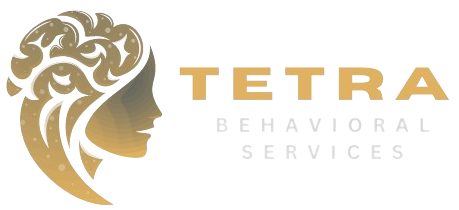Understanding PSTD:
Post-Traumatic Stress Disorder, commonly known as PTSD, is a mental health condition that develops in some people who have experienced or witnessed a traumatic event. These events can include natural disasters, accidents, combat situations, or personal assaults.
Symptoms of PSTD:
- Flashbacks or intrusive memories of the traumatic event
- Nightmares or distressing dreams related to the trauma
- Avoidance of reminders of the event, such as places, people, or activities
- Negative changes in mood or thoughts, such as feeling detached or numb
- Hypervigilance or heightened sensitivity to potential threats
- Difficulty concentrating or sleeping
- Irritability or angry outbursts
- Feelings of guilt or shame
Causes and Treatment of PSTD:
Causes:
- Traumatic experiences such as physical or sexual assault, combat exposure, accidents, or natural disasters
- Biological factors including genetics, brain structure, and chemical imbalances
- Environmental factors like lack of support or coping resources
- Pre-existing mental health conditions or previous traumatic experiences may increase vulnerability to PTSD.
Treatments:
Therapy: Evidence-based therapies such as cognitive-behavioral therapy (CBT), exposure therapy, and eye movement desensitization and reprocessing (EMDR) can help individuals process and cope with traumatic memories.
Medication: Antidepressants or anti-anxiety medications may be prescribed to alleviate symptoms such as anxiety or depression.
Support groups: Connecting with others who have experienced similar trauma can provide validation, understanding, and encouragement.
Supporting Someone with PTSD:
Listen: Offer a compassionate and nonjudgmental ear. Allow them to share their experiences and feelings at their own pace.
Validate: Acknowledge their feelings and experiences as real and understandable.
Encourage Professional Help: Encourage them to seek support from a therapist or counselor who specializes in trauma.
Be Patient: Understand that healing from trauma takes time. Be patient and supportive throughout their journey.
Create a Safe Environment: Minimize triggers and create a safe and supportive environment where they feel comfortable expressing themselves.
ONLINE PSTD APPOINTMENT
Avoid the hassle of waiting rooms and access expert ADHD treatment from the comfort of your home with TETRA BEHAVIORAL SERVICES.
Schedule Your PSTD Consultation
Make an appointment online, call us, or email us.
Connect with Your Doctor Online
Talk to one of our PSTD specialists from the comfort of your home.
Frequently Asked Questions
Yes, PTSD is treatable. Treatment options include therapy, medication, or a combination of both.
Cognitive-behavioral therapy (CBT), particularly exposure therapy and cognitive processing therapy, is often considered the most effective treatment for PTSD.
The duration of PTSD varies from person to person. Some people may recover within a few months, while others may experience symptoms for years.
In some cases, symptoms of PTSD may decrease over time without treatment, but for many individuals, professional treatment is necessary for symptom relief and recovery.
Yes, PTSD can significantly impact daily life, causing difficulties in relationships, work, and overall functioning. It may also lead to other mental health issues if left untreated.
Yes, children can develop PTSD after experiencing or witnessing a traumatic event. Their symptoms may manifest differently from adults, and specialized treatment for children and adolescents is available.
© 2024 Created by Harbor SEO COMPANY

